


David Hofman, Executive Associate Dean of the College





David Hofman, Executive Associate Dean of the College

Dean of the College of Liberal Arts and Sciences
Welcome to the fifth edition of the LAS Faculty Research Bulletin.
While there is much positive news to report since our last bulletin, I want to acknowledge that we are simultaneously in the midst of an incredibly uncertain time with respect to federal research funding and other programs. Most recently, we learned that all grants from the NEH have been cancelled, which affects several of our faculty. We have noted cancellations as appropriate in the bulletin below. It is incredibly important to recognize these achievements and reiterate that these are not cancellations that reflect the scholarly merit or rigor of the proposals.


While this is all dismaying, one thing remains certain: the faculty in this college are doing important, ground-breaking, and field-changing work. From bench science to community engagement, from math to poetry and everything in between, our faculty continue to set the bar quite high. It is a privilege to lead such a college and a pleasure to recognize these accomplishments.
Our Spring Faculty Research Symposium, From Atoms to Astronomy, was a huge success. Congratulations to Professor Robert Klie and the rest of the planning committee on putting together such a successful day of talks and poster sessions. Held on February 26, the day featured keynote addresses from Chad Mirkin (Northwestern) and Anna Grassellino (Fermilab), as well as plenaries from scientists across the country and research talks from UIC Physics faculty Dirk Morr, Huan-Xiang Zhou, James Unwin, and Corinne Mills. Physics professors Jan Spille, Cecilia Gerber, and Russell Hemley chaired sessions along with Professor Klie.
As you’ll see highlighted below, Andy Nguyen, Assistant Professor of Chemistry, is having a banner year. Prof. Nguyen has completed the “hat trick” of securing funding simultaneously from the National Science Foundation, National Institutes of Health, and Department of Energy. This is not just remarkable; it is extraordinary!
On the humanities and social sciences side, our faculty continue to excel. For instance, Associate Professor of Gender and Women’s Studies and Black Studies Terrion Williamson has not only won a $500,000 Mellon grant to lead the Black Midwest Justice Hub, but she has also been awarded a prestigious year-long residential fellowship from the National Humanities Center for the 2025-2026 academic year. Professor Williamson’s achievements represent just one example of extraordinary excellence among the many shared in the pages below.
To close out the year in celebratory fashion, the keynote speaker at our LAS Commencement ceremony on Sunday, May 11, will be Professor Maria de los Ángeles Torres. Professor Torres, as we reported in our last bulletin, is the Principal Investigator of the large Mellon-funded Crossing Latinidades project, among many other awards and honors, and we look forward to hearing her address to the LAS Class of 2025!
Thank you for being part of our LAS community, and for reading the Faculty Research Bulletin. I expect you will be as impressed by our faculty as I am every day.
Yours,
Lisa A. Freeman Dean


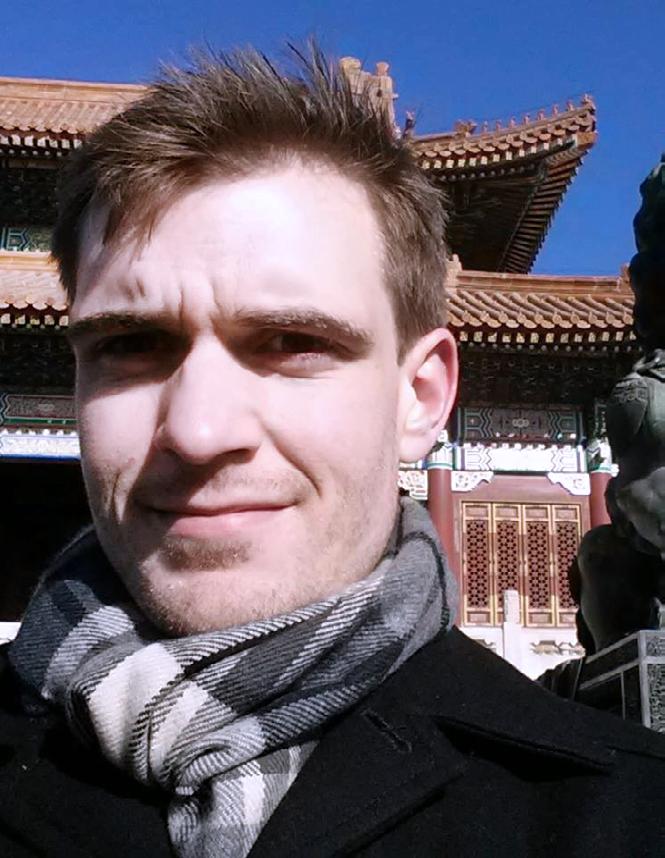
Esmeralda Arrizon-Palomera, Assistant Professor of English, has been awarded a Career Enhancement Fellowship for Junior Faculty from the Institute for Citizens & Scholars (formerly the Woodrow Wilson Foundation). She will receive a $35,000 fellowship stipend and $1500 in research funds to complete her book manuscript, TheTurntothe Undocumented in FeministThought, which examines Black and Chicana feminisms’ engagement with the figure of the undocumented immigrant in the 20th century. The fellowship, which is funded by the Mellon Foundation, supports outstanding junior faculty committed to campus engagement and innovative research in the humanities and humanistic social sciences.
Benjamin Bakker, Associate Professor of Mathematics, has been named a Fellow of the Institute for Advanced Study (IAS) at Princeton University. The highly prestigious residential fellowship provides a $45,500 stipend to allow Dr. Bakker to be one of four senior participants in the “Special Year on Arithmetic Geometry, Hodge Theory, and o-minimality” at the IAS School of Mathematics during the 2025-26 academic year.
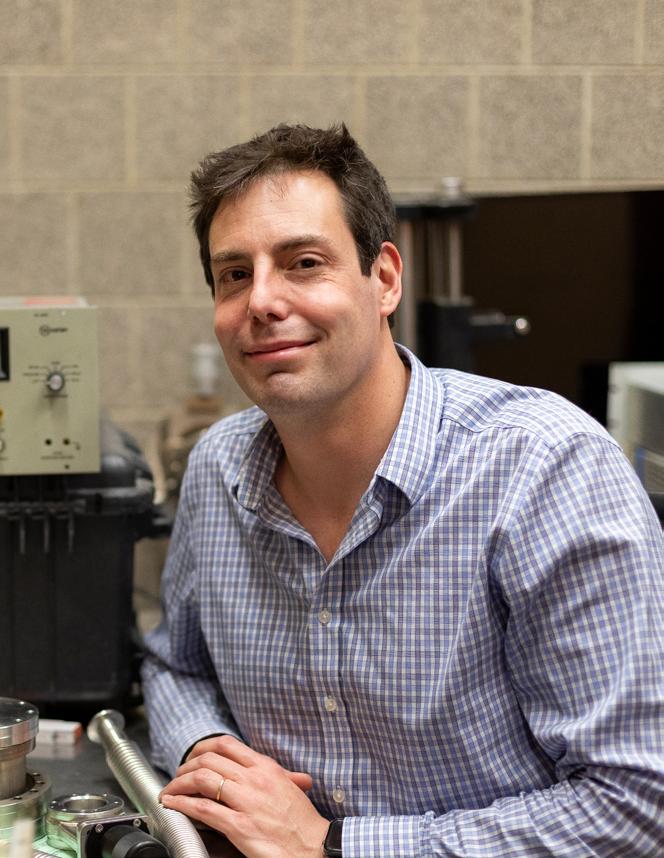
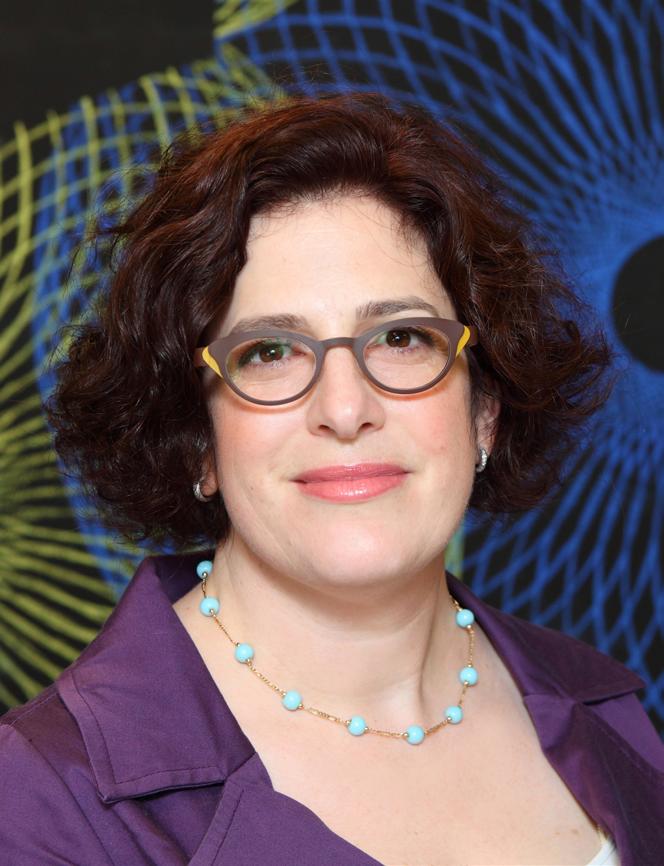
Kevin Boergens, Research Assistant Professor of Physics, heads the UIC effort on the project “Wide field photoemission electron microscopy for connectomics” – a collaboration between University of Chicago, Argonne National Laboratory, UIC, and Chicago State University that has been awarded $4.8 million by the National Institutes of Health as part of its Health Brain Initiative Connectivity Across Scales (Brain Connects) Program. The project seeks to make advances in photoemission electron microscopy (PEEM) to develop significantly faster and cheaper imaging techniques for neurological mapping, which would make great strides toward eventually being able to completely map mammalian brains. UIC will receive $967,123 for Dr. Boergen’s contribution to the work.
Jennifer Brier, Professor of History and Gender and Women’s Studies, was awarded a National Endowment of Humanities Digital Publication Fellowship for her project “History Moves: Oral History, Historical Belonging and Social Wellbeing.” She has received $30,000 to produce a digital book hosted on the Manifold Platform that will trace a decade of work with HistoryMoves, a community-based, participant-driven, born-digital oral history project featuring mobile exhibits created by and with local Chicago communities. The NEH-funded digital book project will provide a critical interpretation of the social impacts of training community members to be oral historians of their own lives and makers of collaborative public histories that increase their sense of historical belonging and produce the conditions of social health.
Duetodecisionsmadeatthefederallevel,allNEHfundingacrossthe countryiscancelledasofApril2025.
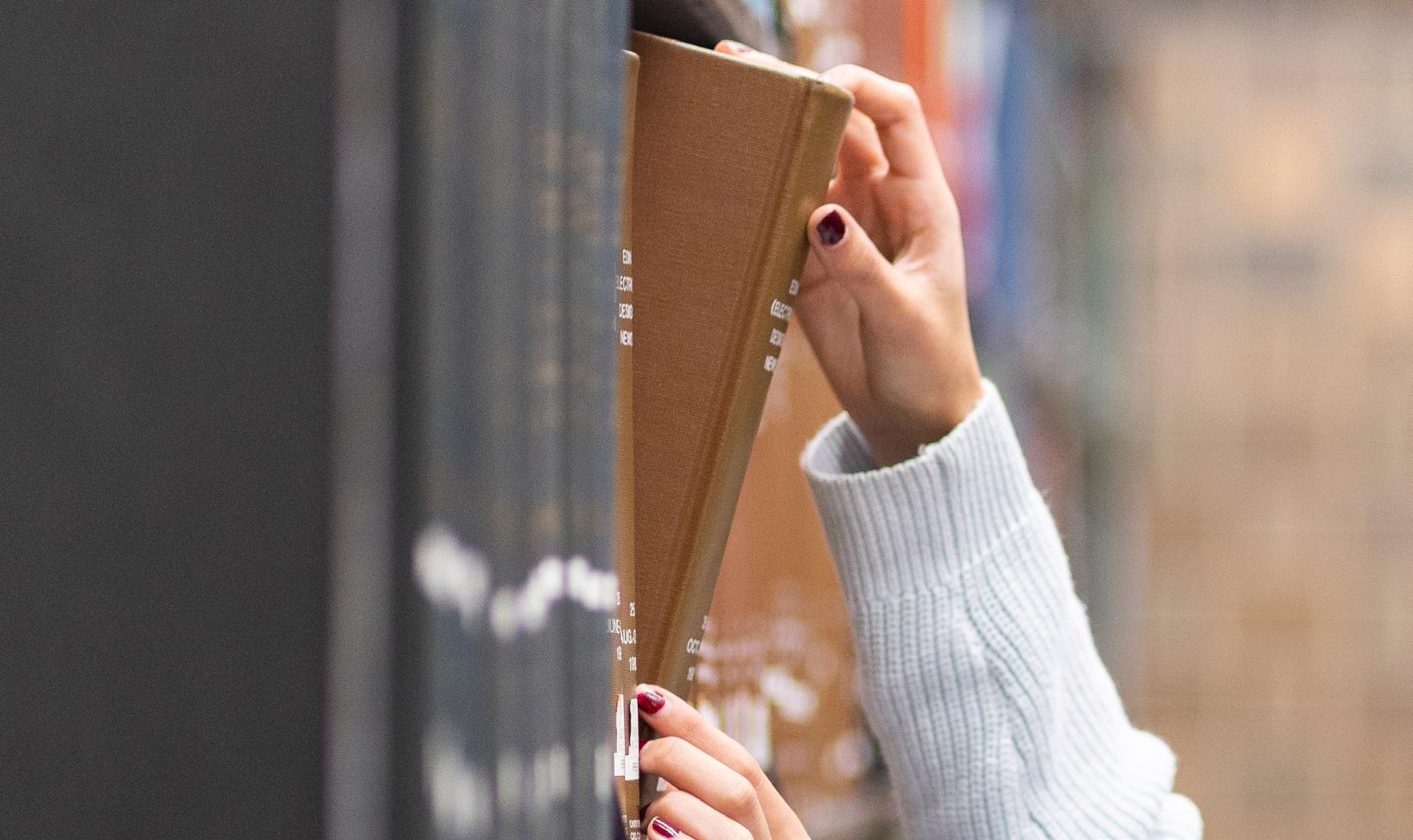
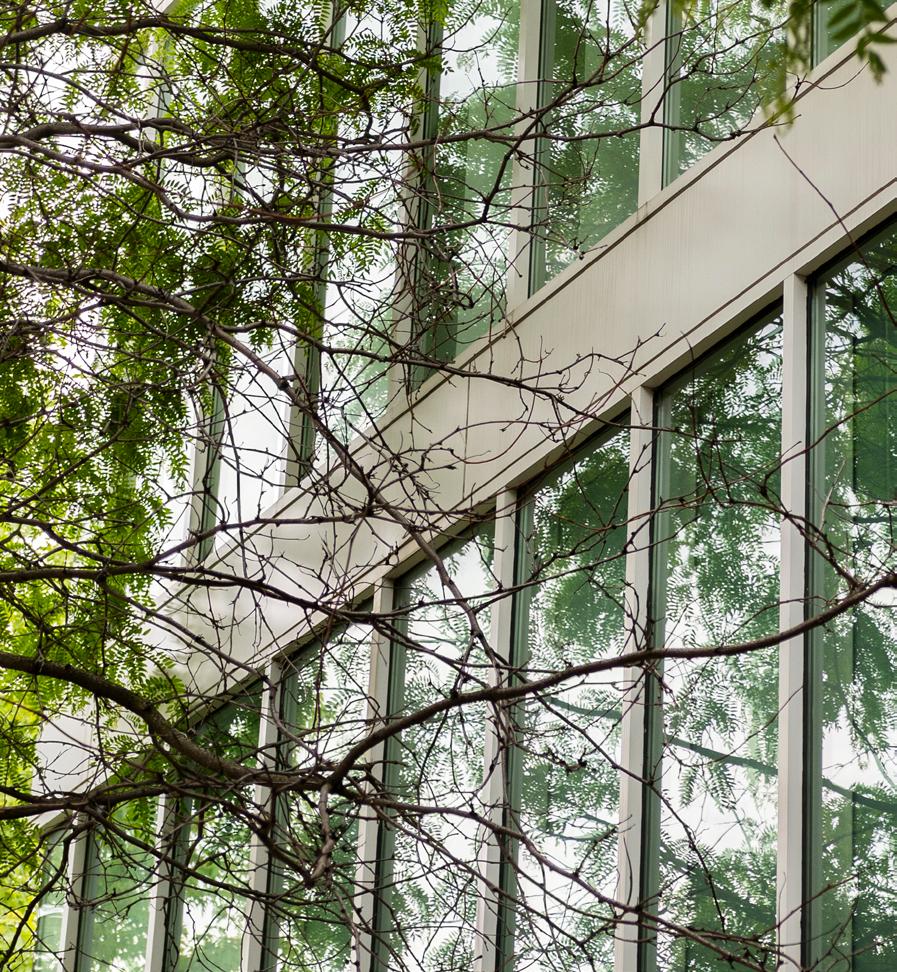

Jordi Cabana-Jimenez, Professor of Chemistry and Group Leader of Electrochemical Materials and Interfaces at Argonne National Laboratory, leads UIC participation in the new Energy Storage Research Alliance (ESRA) Innovation Hub established at Argonne through a five-year, $62.5 million grant from the Department of Energy. ESRA brings together three national laboratories and twelve universities to explore the electrochemical and material science foundations that enable breakthroughs in energy storage. Dr. Cabana has received $750,00 through this award to study new electrolytes and more sustainable alternatives to lithium. He will also spearhead ESRAs efforts to build collaborative training programs for students and researchers.
In addition, Dr. Cabana is the UIC Principal Investigator on three other new collaborative projects recently funded by the Department of Energy at Argonne. He will receive $56,256 for his contributions to “(Electro) chemo-Mechanical Characterization of Electrode-Electrolyte Interfaces in Batteries”; $62,502 for “Analysis of Spatial Heterogeneity of Ni-Oxidation State for Upcycled Cathodes in 3D”; and $65,921 for “Novel Methods of Chemical Imaging of Battery Cathodes.”
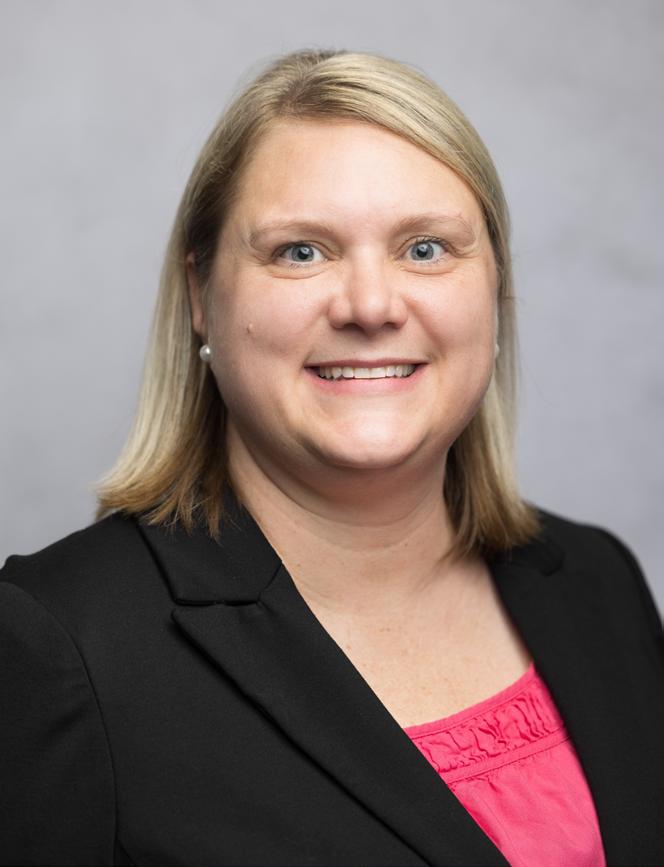
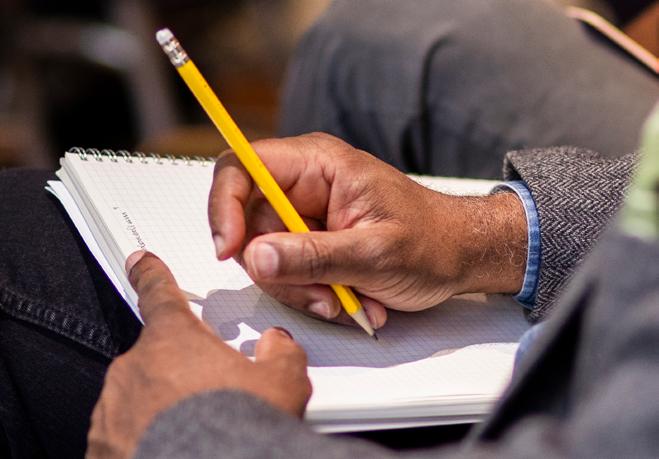
Stephanie Cologna, Associate Professor of Chemistry, received funding for two new projects. “Developing mRNA therapeutics and biomarkers for GSD III” is supported by a $202,392 award from an initiative at the University of Notre Dame that facilitates collaborative research in glycogen storage disease type III (GSD III), a rare metabolic disorder in which glycogen accumulates in the liver and muscle potentially leading to severe liver disease. Dr. Cologna’s work will address the critical lack of biomarkers that has greatly slowed clinical development and interest in this research field from pharmaceutical companies, and will advance available liver disease treatments. “Determination of Cellular NPC1 Levels” is supported by $100,000 from the Ara Parseghian Medical Research Fund (APMRF) at Notre Dame, which promotes research into the molecular basis of the cholesterol storage disease Nieman Pick Type C (NPC). This work will assess how much mutant NPC1 protein a patient synthesizes to provide crucial information about how these levels differ across tissue types.
Dr. Cologna is also the Principal Investigator of the UIC effort on “Discovery of Chemical Factors in the Gut Microbiome that Control Alpha-Synuclein Aggregation in Parkinson’s Disease” – a five-year project led by University of California Irvine and funded by the National Institute of Neurological Disorders and Stroke at the National Institutes of Health. Dr. Cologna will receive $354,745 to investigate proteomic changes and potential mechanisms using advanced mass spectrometry instrumentation at UIC.

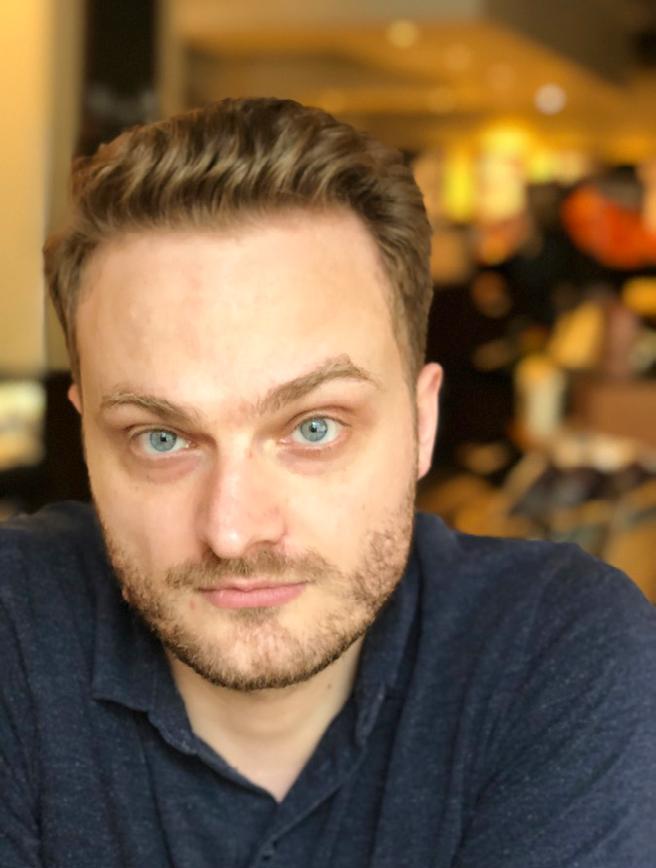
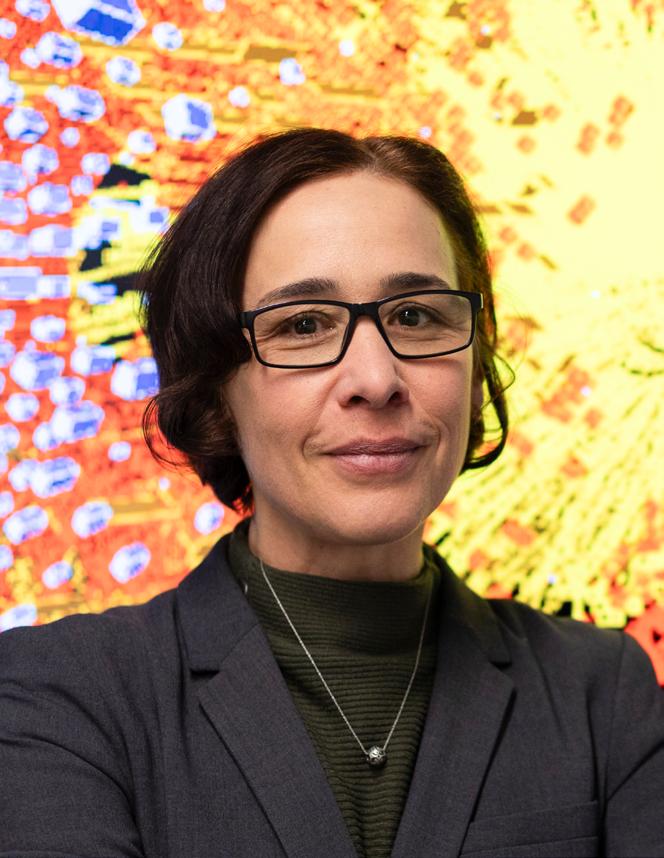
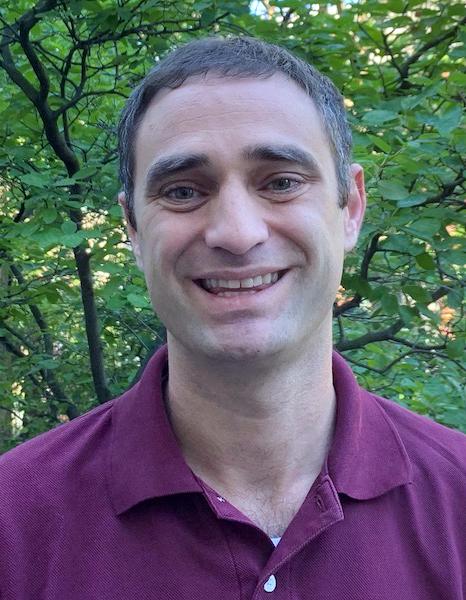
Gabriel Conant, Assistant Professor of Mathematics, was awarded $219,595 from the National Science Foundation for his project “Structure and Regularity in Continuous Model Theory,” which seeks to connect multiple fields of mathematics, namely, analysis, combinatorics, and model theory. Analysis and combinatorics can be seen as two different approaches toward using mathematics to study the physical world. In analysis, which evolved from calculus, the approach is based on continuous and dynamical methods of an infinite nature. By contrast, combinatorics seeks to understand complicated and subtle patterns in discrete (and often finite) systems. The research proposes a new strategy using continuous model theory, a branch of mathematical logic, to develop a stronger foundation for the interaction between analysis and combinatorics.
Olga Evdokimov, Professor of Physics, has secured $80,000 from the Department of Energy-funded Thomas Jefferson National Accelerator Facility to purchase equipment that will be used in the project “R&D on the AC-LGAD sensors for the Forward EiC Time-Of-Flight Detector,” which aims to optimize radiation hard resistive AC Low Gain Avalanche Diode sensors. This work will provide contributions to on-going research conducted at the CERN facility in Switzerland, with which LAS faculty have long-standing involvement.
Benjamin Feigenberg, Professor of Economics, is the co-Principal Investigator of the study “Sibling Spillovers and the Medium-Run Impacts of Restorative Justice,” funded by a $296,000 grant from Arnold Ventures to the University of Chicago. Dr. Feigenberg will receive $95,467 of the award. The project is part of an on-going collaboration with Anjali Adukia, Assistant Professor at the University of Chicago Harris School of Public Policy. The study examines a broad range of impacts of school-based restorative justice implementation in Chicago Public Schools on outcomes such as juvenile arrests, academic performance, and school climate. The new study focuses on the effects of older sibling exposure to restorative justice on younger siblings.
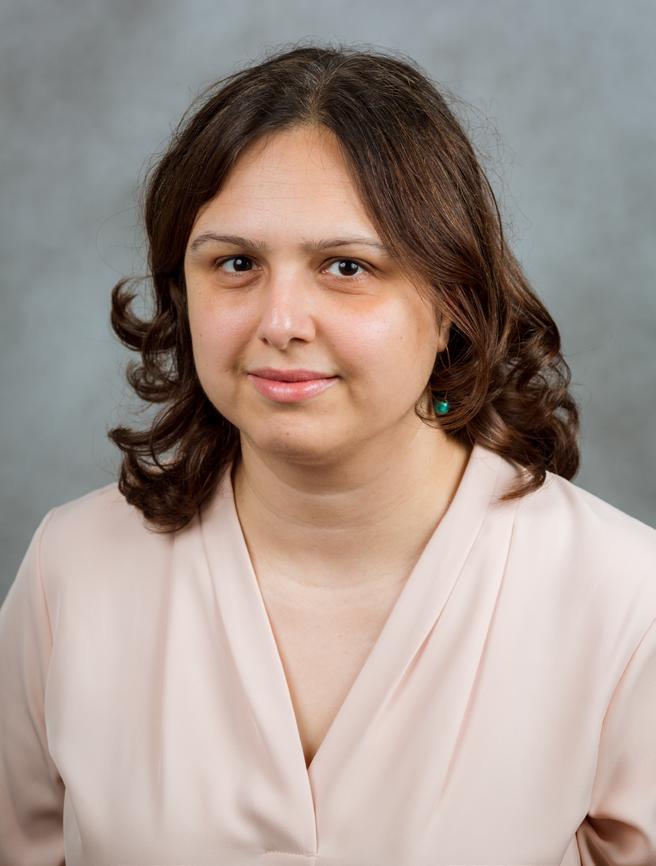
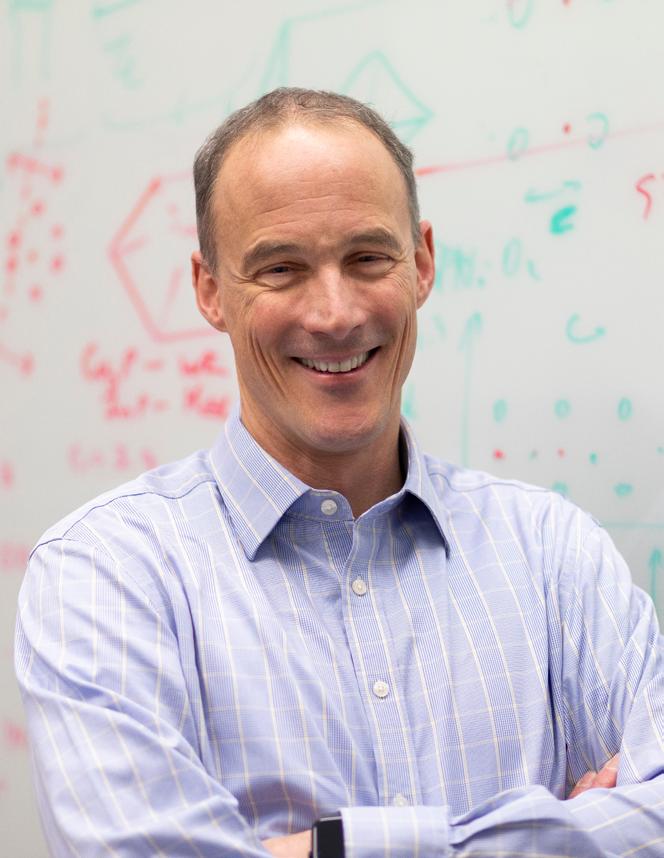
Fatemeh Khalili Araghi, Associate Professor of Physics, is the UIC Principal Investigator on the collaborative project “Development of Claudin-2 Channel Blockers to Treat Inflammatory Bowel Disease,” led by University of Chicago and funded through the US Department of Defense Congressionally Directed Medical Research Programs. Dr. Araghi will receive $328,355 to carry out molecular dynamics simulations of claudin-2 interaction with potential inhibitors. The simulation data will be integrated with machine learning to optimize the inhibitor-channel interaction and determine new targets. This work will contribute to the advancement of therapeutic approaches to Inflammatory Bowel Disease.
Robert Klie, Professor and Department Head of Physics, plays a pivotal role in the Multimodal Observatory for Single Atom Imaging of Chemistry (MOSAIC). Based at the University of Chicago, this new National Science Foundation Center for Chemical Innovation has been awarded $1.8 million to develop groundbreaking electron microscopy-based techniques for observing chemical reactions in real time at the atomic scale, enabling breakthroughs in fields like catalysis, energy storage, and the development of new materials. Dr. Klie will act as associate director of the Center and UIC will receive $270,000 to upgrade electron microscopy equipment and conduct work to advance the graphene liquid cell method – an imaging process Dr. Klie helped pioneer. MOSAIC will also rely on UIC’s new magnetic-field-free electron microscope – the first of its kind in the US – which was obtained through a major instrumentation grant from the National Science Foundation that was previously secured through Dr. Klie’s efforts.
Dr. Klie has also been awarded a $653,000 grant from the US Department of Energy for his project “Real-Space Characterization of Photo-Excited Quantum Materials,” which is centered around developing and utilizing novel in-situ electron microscopy approaches to understand the fundamental role of defects and interfaces in photo-excited nano-scale materials. These advancements in atomic-scale understanding of carrier separation in quantum systems will be exploited to discover new, highly efficient photocatalysts for the production of hydrogen.


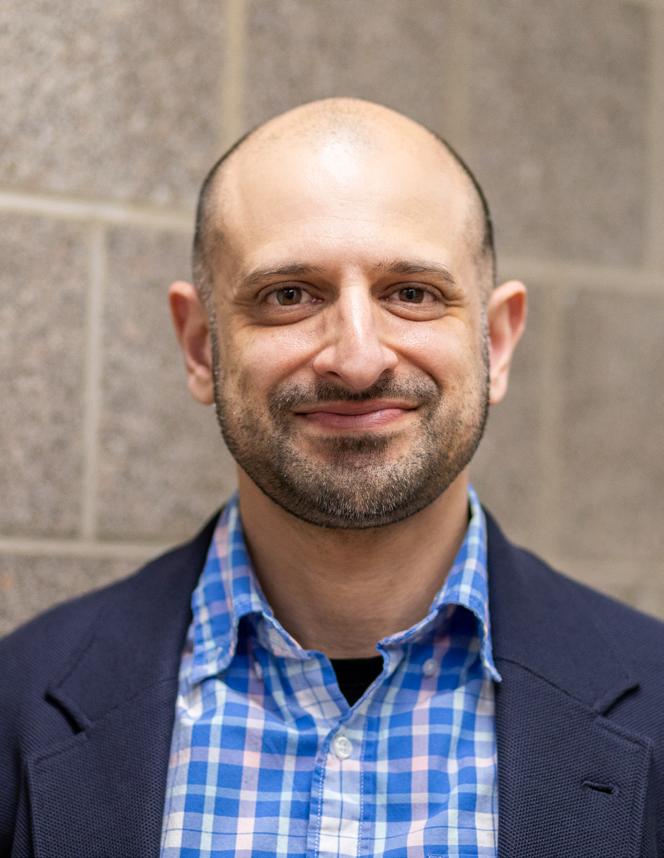
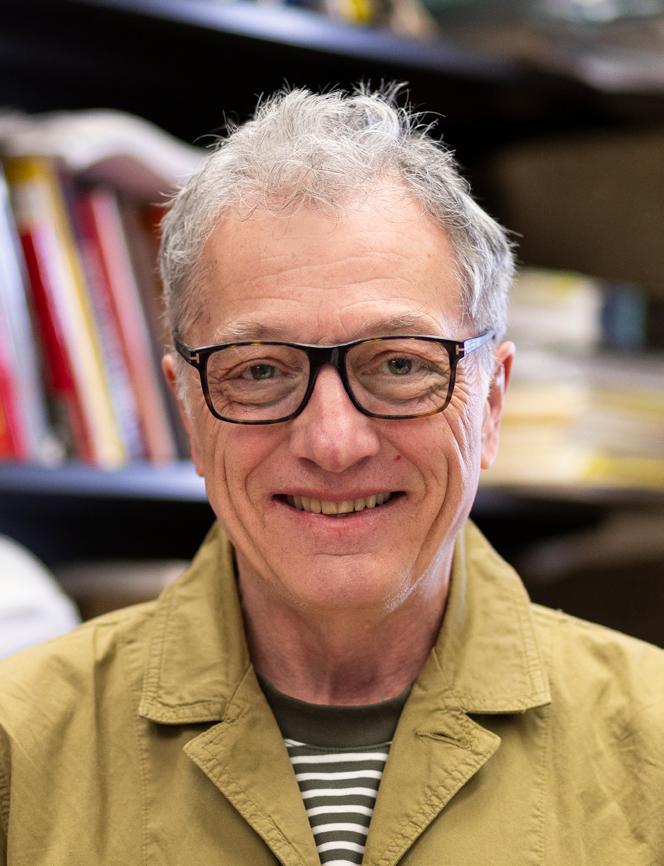
Shiji Lyu, Research Assistant Professor of Mathematics, Statistics, & Computer Science, received an American Mathematical Society Simons Travel Grant, which provides $6,000 to facilitate interactive and collaborative activities for early career researchers who have limited opportunities for travel. (Dr. Lyu is one of two MSCS faculty to receive the one-year grant; see Moreland below.) Dr. Lyu will attend the Commutative Algebra and Singularity Theory conference in Osaka, Japan and the Singularities in Algebra conference in Guanajuato, Mexico, as well as visit potential collaborators in Princeton and Tokyo.
Neal Mankad, Professor of Chemistry, was awarded $201,993 to lead the US side of an international research collaboration with Sorbonne University, jointly funded by the National Science Foundation and the French National Research Agency. The project, “Encapsulated Bimetallic Complexes Based on Earth-abundant Metals for (Photo)Catalysis,” aims to develop sustainable photocatalytic systems leveraging properties of Earth-abundant materials that can efficiently harvest energy from light to catalyze chemical transformations of importance to industrial chemical synthesis – a process that is typically highly energy-intensive and dependent on precious metal resources. This fundamental research into the properties of Earth-abundant catalysts that harvest energy from light has long-term applied implications and may enable emergence of sustainable industrial processes using environmentally benign metals.
Steven Marsh, Professor of Hispanic and Italian Studies, has been named a Visiting Research Fellow at the Tanner Humanities Center at the University of Utah. The residential fellowship provides a $70,000 stipend to allow fellows to participate in the intellectual life of the Tanner Center while pursuing their research. During his fellowship year, Dr. Marsh will produce the manuscript for his book project, The Portuguese Revolution as Geo-Filmic Event, which will be the first book in any language to analyze the Portuguese revolution of April 15, 1974, as a global-historical cultural moment around which the politics of cinema might be theorized.
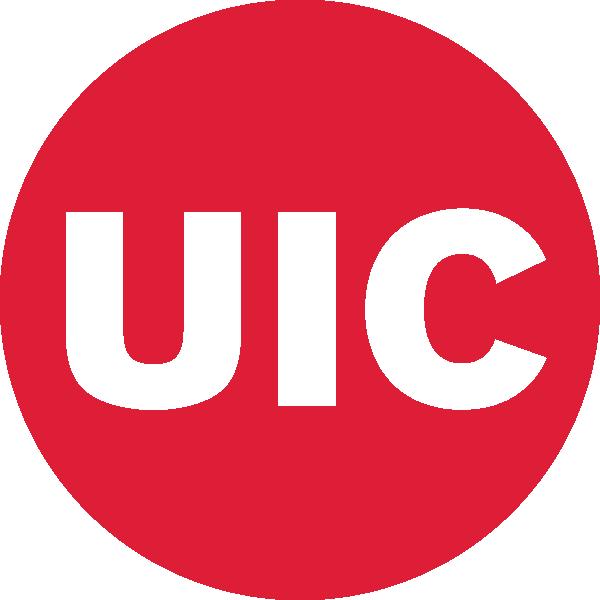
Gwyneth Moreland, Research Assistant Professor in Mathematics, Statistics, & Computer Science, received an American Mathematical Society Simons Travel Grant, which provides $6000 to facilitate interactive and collaborative activities for early career researchers who have limited opportunities for travel. (Dr. Moreland is one of two MSCS faculty to receive the oneyear grant; see Lyu above). Dr. Moreland will use the funds to travel to North Dakota State University, Harvard, Boston College, and Princeton to consult with senior experts on papers relating to several theoretical projects, and will attend the decennial Summer Research Institute in Algebraic Geometry at Colorado State University.
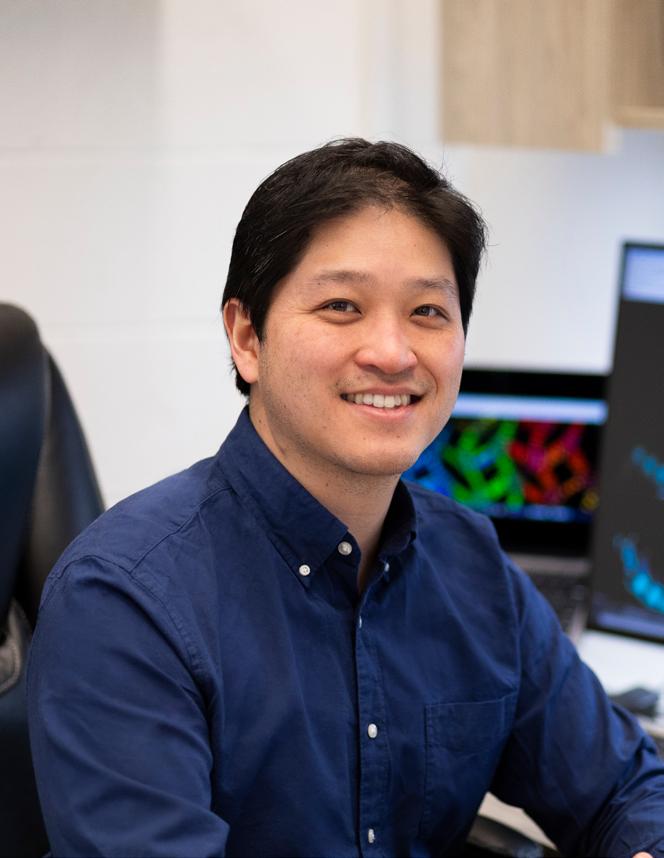
Andy Nguyen, Assistant Professor of Chemistry, has been awarded $749,999 from the prestigious National Science Foundation CAREER Program, which provides five years of support for exceptionally promising early career researchers who serve as role models in the integration of research and teaching. Dr. Nguyen’s project, “Design of Protein-like Materials from pi-Conjugated Peptides,” aims to establish predictable strategies for making porous peptide materials. The research is expected to uncover the fundamental chemistry rules needed for engineering materials that make separation and catalytic processes more efficient. The project will also develop educational 3-D printed peptide model kits to increase students’ intuitive understanding of complicated protein interactions through the power of touch.
Dr. Nguyen also received an $875,000 grant from the Department of Energy Office of Science Early Career Research Program (ECRO) for his project, “Enzyme-like porous catalysts for upgrading biomass feedstocks,” The ECRO award supports the research of outstanding early-career scientists who are driving innovation in the basic science enterprise. Dr. Nguyen’s research will leverage recently discovered peptide frameworks to produce more efficient catalysts for upgrading biomass, develop versatile tools to precisely manipulate multiple noncovalent interactions, and advance fundamental structure-activity knowledge for enzyme-like catalyst design. Biomass is the largest source of renewable carbon, and the ability to refine it into valuable products could significantly reduce petroleum usage.

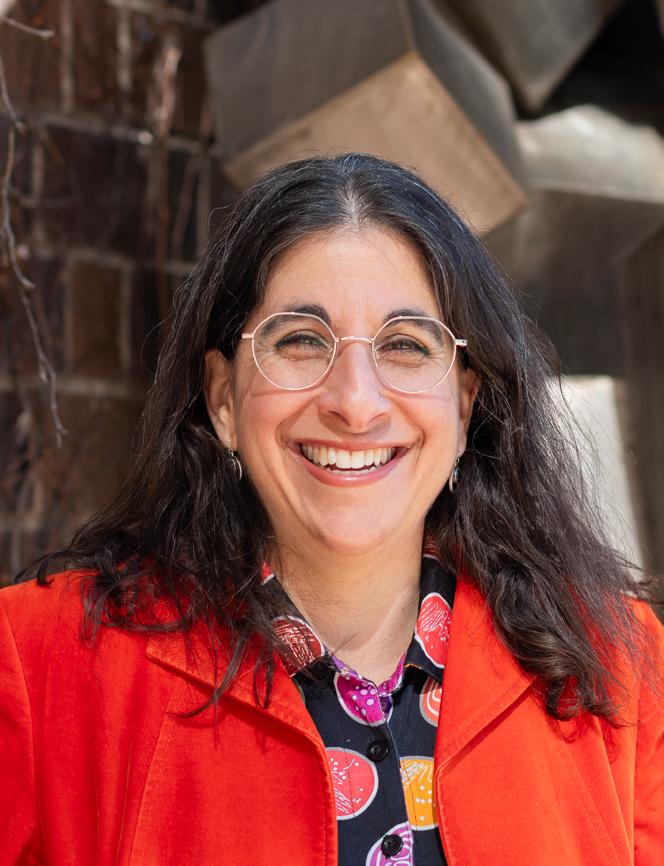
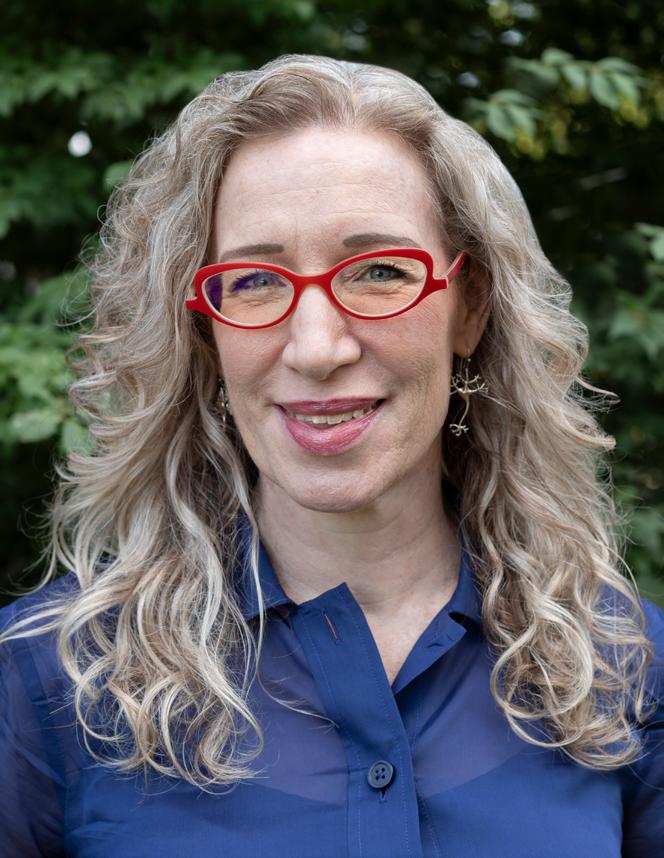
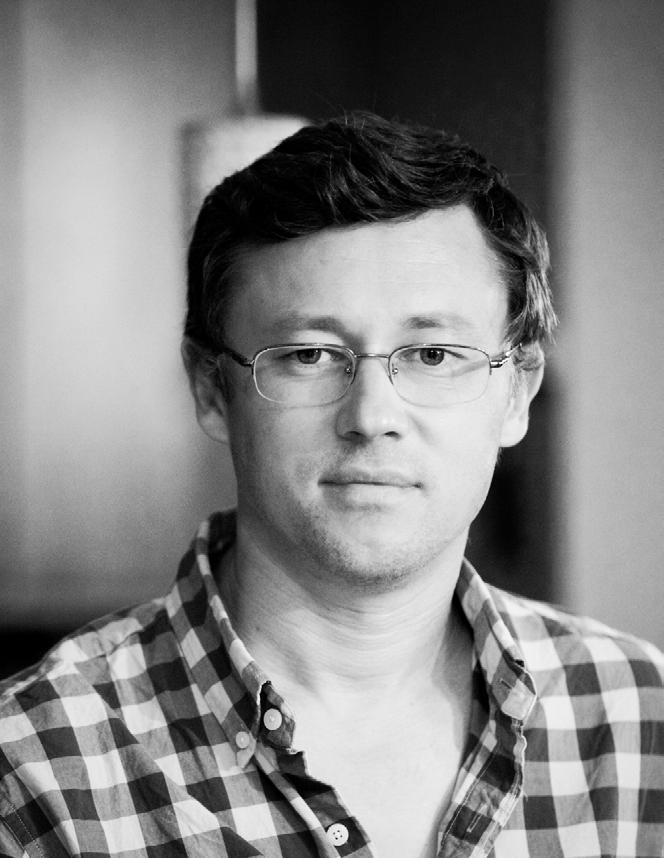
Rachel Poretsky, Associate Professor of Biological Sciences, is leading the UIC contribution to the new Bacterial and Viral Bioinformatics Resource Center (BV-BRC5) based at the University of Chicago and funded by a $43 million contract from the National Institute of Allergy and Infectious Diseases at the National Institutes of Health. BV-BRC supports the biomedical research community’s work on bacterial and viral infectious diseases via integration of vital pathogen information with rich data and analysis tools. UIC will receive $918,210 over five years to develop, curate, and disseminate engaging educational materials tailored to the unique BV-BRC system and facilitate targeted training opportunities for UIC students to cultivate skills in the vital area of complex bioinformatics.
Kara Morgan-Short, Professor of Psychology and Interim Head of Hispanic and Italian Studies, received $14,000 from the Board of Directors of the LanguageLearning journal to organize the 2025 Language Learning roundtable conference, “Cognitive neuroscience of individual differences in adult language learning: Future directions,” to be held on May 22-23, 2025, at UIC. This conference brings together linguists, psychologists, and cognitive neuroscientists who share an interest in individual differences in adult second/additional language learning and processing, with a focus on evidence from cognitive neuroscience. Speakers will present new and exciting evidence on why adult individuals vary in how they learn and process new languages, in preparation for a special issue in LanguageLearning’s Cognitive Neuroscience Series.
Roman Shvydkoy, Professor of Mathematics, Statistics, & Computer Science, was awarded was awarded funding from the Simons Foundation Travel Support for Mathematicians program to advance work on “Hydrodynamics of Environmental Averaging.” (Dr. Shvydkoy is one of two MSCS faculty to receive this award; see Ramin Takloo-Bighash, below). Hydrodynamical modeling of collective behavior focuses on applying analytical tools of fluid equations to study swarming behavior in biology, social sciences, and technological applications. This award of up to $42,000 over five years will support the working group seminar, “Mathematics of Collective Behavior,” a special lecture series based on Dr. Shvydkoy’s recent book, Dynamicsand analysisofalignmentmodelsofcollectivebehavior, and ongoing collaborations with experimental physicists at CEA Labs in France.
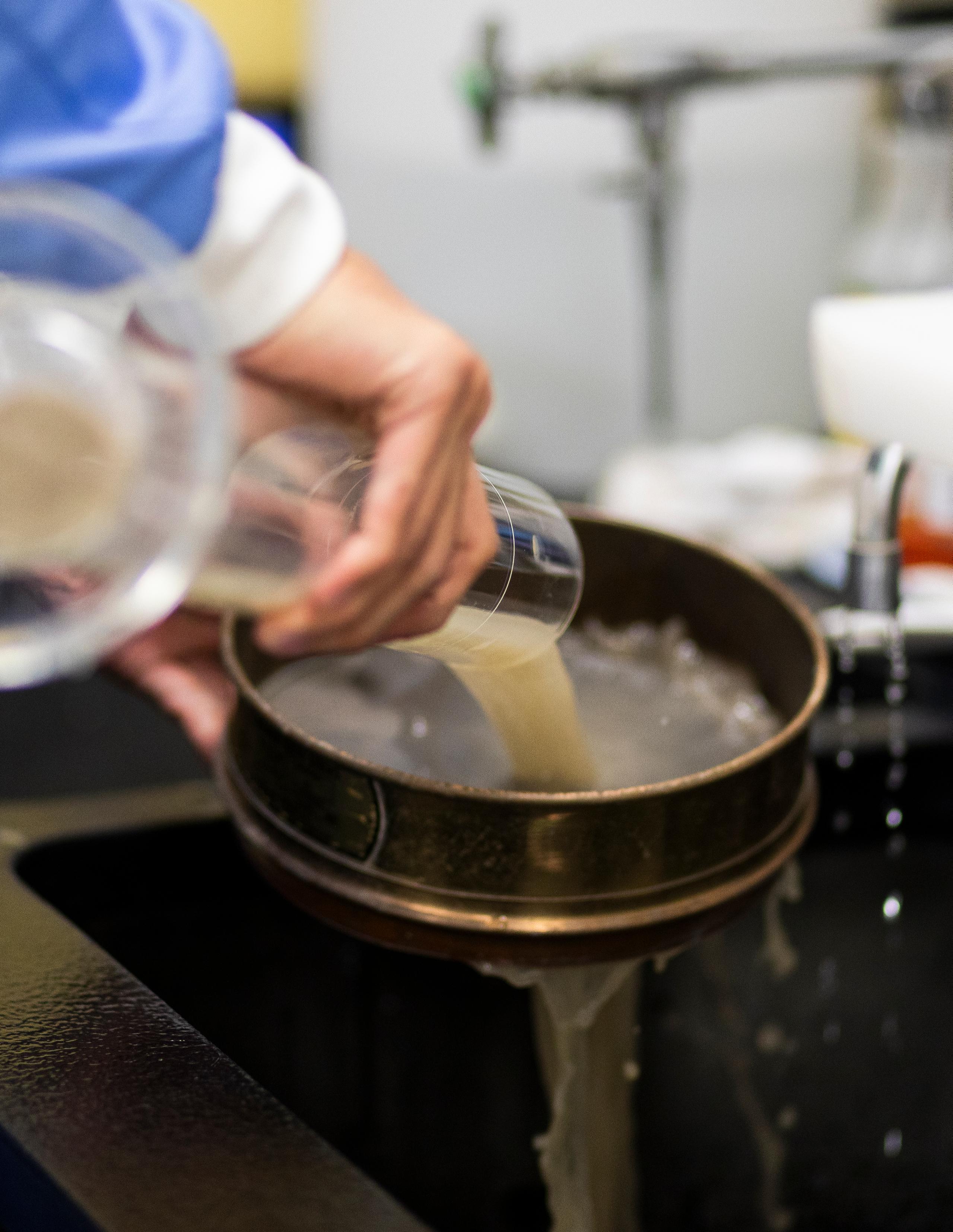
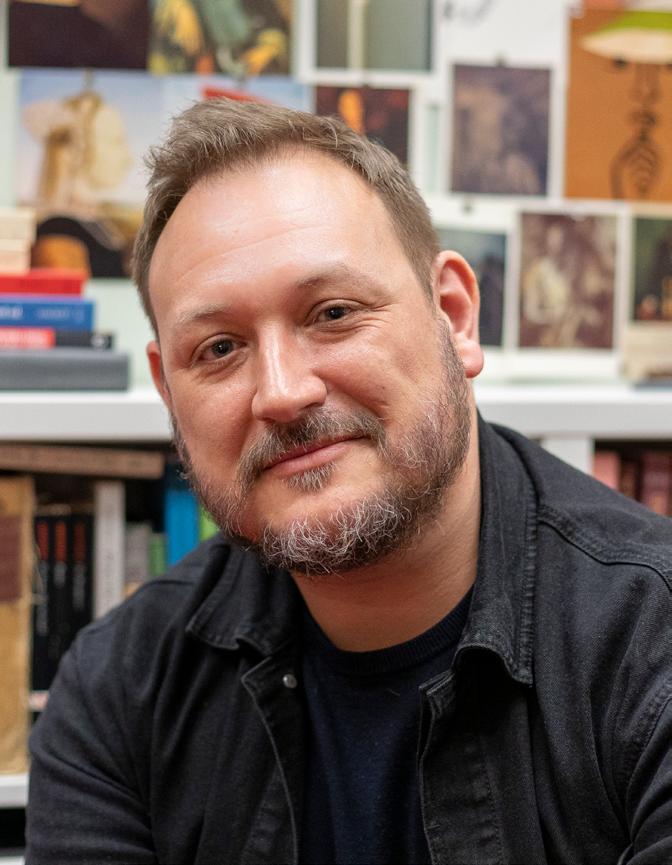
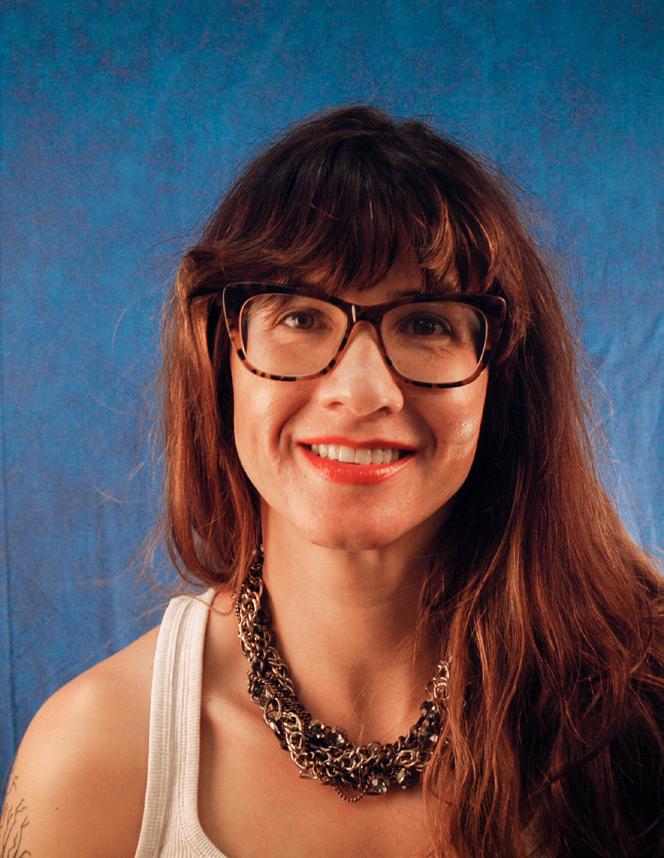
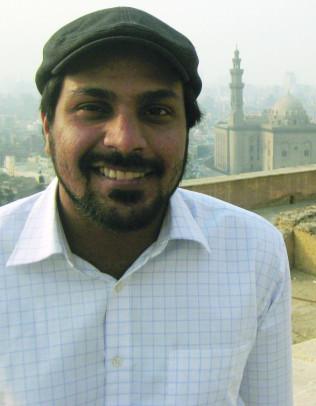
Will Small, Associate Professor of Philosophy, was awarded a Teacher-Scholar Grant from the Educating Character Initiative (ECI) at Wake Forest University. Funded by the Lilly Endowment, ECI provides support to individuals developing scholarly expertise in character education in colleges and universities. Dr. Small will receive $15,000 to conduct the philosophical research project “Beyond the Skill Analogy: A Metaphysics and Practical Epistemology of Virtue of Character,” which will produce a paper on the topic to be presented at the “Manifesting Virtue, Manifesting Vice” workshop at the University of Erlangen in July 2025.
Alison Castro Superfine, Professor of Mathematics Education and Director of the Learning Sciences Research Institute, heads the “Learning to Lead in Math Project,” which is funded by a $4.34 million award from the US Department of Education Institute of Education Sciences. The project focuses on increasing support for professional development and collaboration among K-8 teachers to improve student performance in math, which has fallen nationwide since the COVID-19 pandemic. Dr. Castro Superfine’s team will work closely with South Cook County Intermediate Service Center to develop and implement programming for math teacher leaders and school principals with a focus on tailoring interventions to the unique needs and challenges of each participating local school district. The project aims to provide a blueprint for replicable, scalable models for adoption by other districts and school systems.
Junaid Syed Quadri, Associate Professor of History and Director of the Program in Religious Studies, has received a Faith and Health Pipeline grant of $5,200 from Interfaith America to support the ongoing efforts of the program’s “Religion and Health Care” project, which focuses on development of an interprofessional elective and other curricular offerings for students in the College of Medicine to deepen their training in religious diversity and sensitivity. The project also collaborates with faculty in Family and Community Medicine to develop trainings for incorporating religion-related questions into patient’s electronic health records.
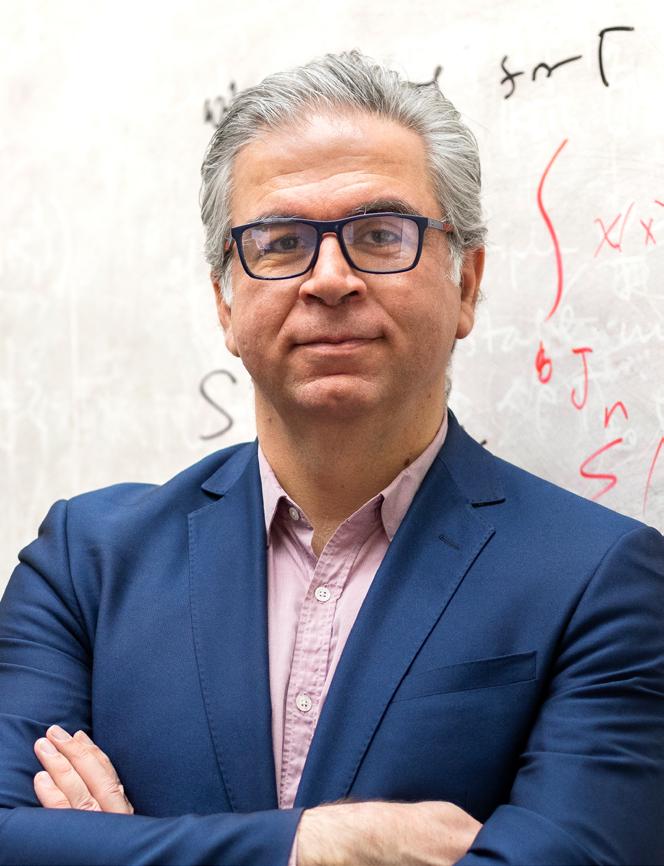
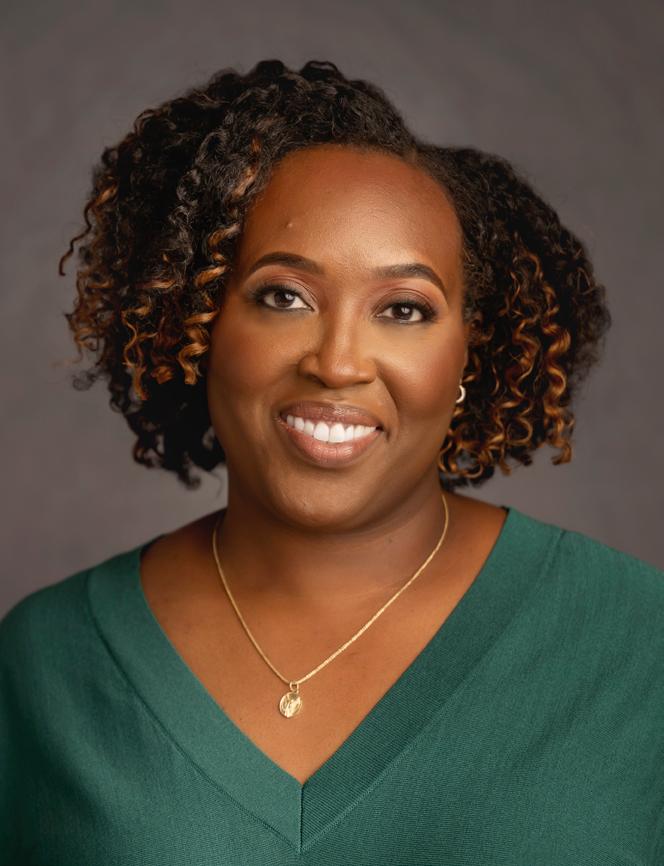
Ramin Takloo-Bighash, Professor of Mathematics, Statistics, & Computer Science, was awarded funding from the Simons Foundation Travel Support for Mathematicians program, which seeks to promote collaboration in the field by supporting travel for collaborative activities (Dr. Takloo-Bighash is one of two MSCS faculty to receive this award; see Roman Shvydkoy, above). This award of up to $42,000 over five years will fund meetings with Dr. Takloo-Bighash’s numerous collaborators to advance work on “Applications of Tauberian Theorems to Counting Arithmetic Objects.”
Terrion Williamson, Associate Professor of Black Studies and Gender and Women’s Studies, was awarded $500,000 by the Andrew W. Mellon Foundation to lead the Black Midwest Justice Hub project, which will bring together humanist faculty, students, organizers, and creatives working toward environmental and social justice on behalf of Black people and communities in the greater Midwest. Part of the larger UIC-based Black Midwest Initiative, the Black Midwest Justice Hub will support the creation of public pedagogy tools and resources through collaborative activities such as student zines, summer institutes, and joint curricular development, the results of which will be available on a digital platform.
Professor Williamson has also been awarded a year-long residential fellowship from the National Humanities Center (NHC) for the 2025-2026 academic year. This is a very prestigious award, and this year NHC Fellows were selected from among 500 applicants. The NHC fellowship provides “a stipend of $73,398, a private study, outstanding library services, and an environment conducive to scholarly work.” Previous NHC Fellows have included people like Houston Baker, Rita Dove, Henry Louis Gates, Sylvia Wynter, Stanley Fish, and Tera Hunter.
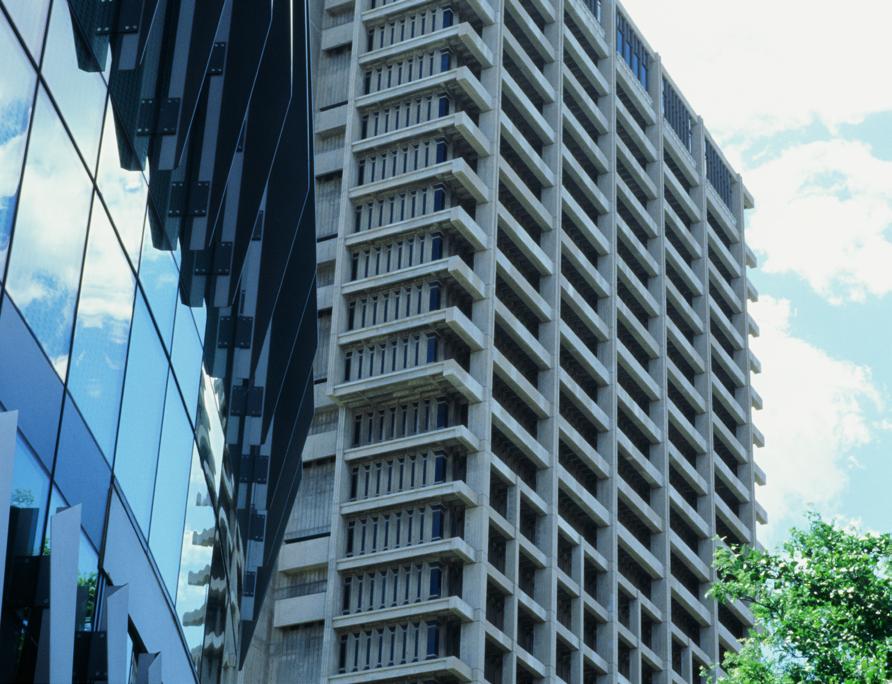



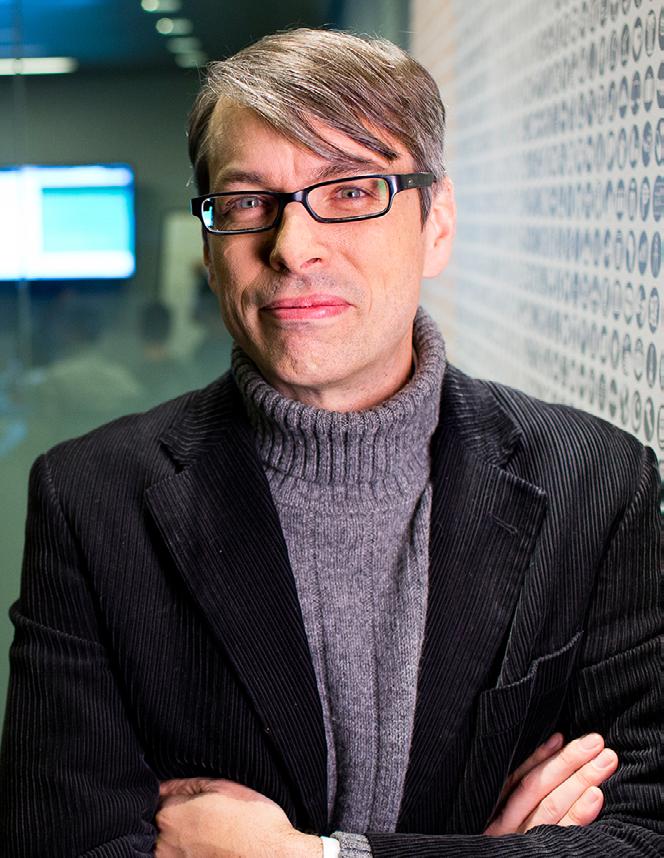
Rosilie Hernández, Senior Associate Dean for Student Academic Affairs, received a $100,000 grant from the Chicago Community Trust to launch a new program aimed at closing the equity gap in first-to-second-year retention for Black, Latino and first-generation students. Entitled “Become a Strategic Learner Program: A New Approach to First-Year Student Retention,” the initiative adopts a holistic approach to enhancing higher-education literacy, academic skills, and career development tailored to specific student needs.
Richard Cavanaugh, Professor of Physics, has been awarded $895,379 from the National Science Foundation Partnerships for Research and Education in Physics (PREP) to lead the “Advancing Research and Education in AI/ML for Science (AREAS)” project. Physics professors Cecilia Gerber and Corrinne Mills are co-Principal Investigators on the project along with faculty from the College of Engineering. AREAS is a collaborative program in partnership with the Accelerated AI Algorithms for Data-Driven Discovery (A3D3) Institute that will provide advanced training to UIC students engaged in AI-assisted particle physics research. The project will develop advanced undergraduate laboratory courses at UIC, mentor select cohorts of students, and provide stipends to place them in post-baccalaureate positions at participating A3D3 universities to prepare them for graduate school or careers in industry.
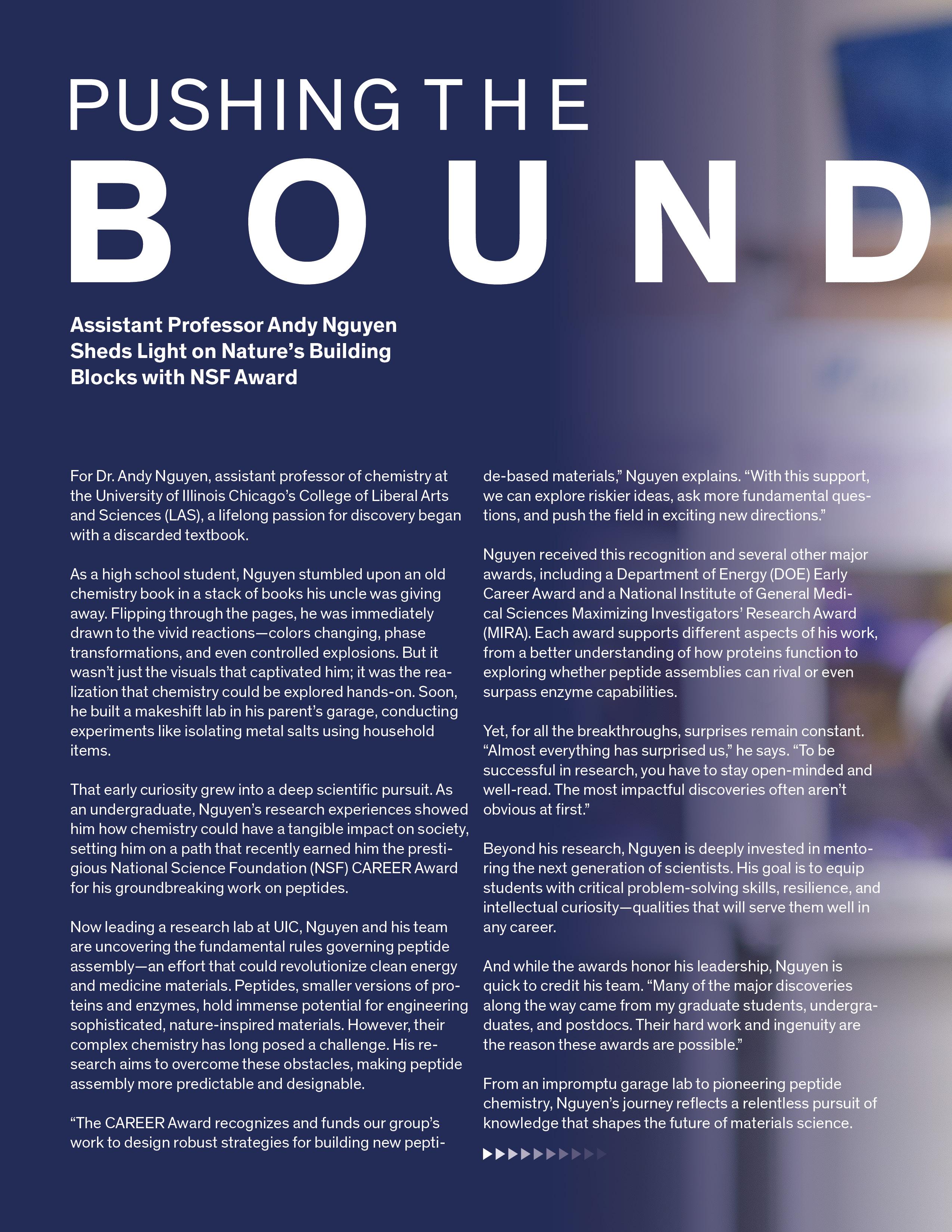
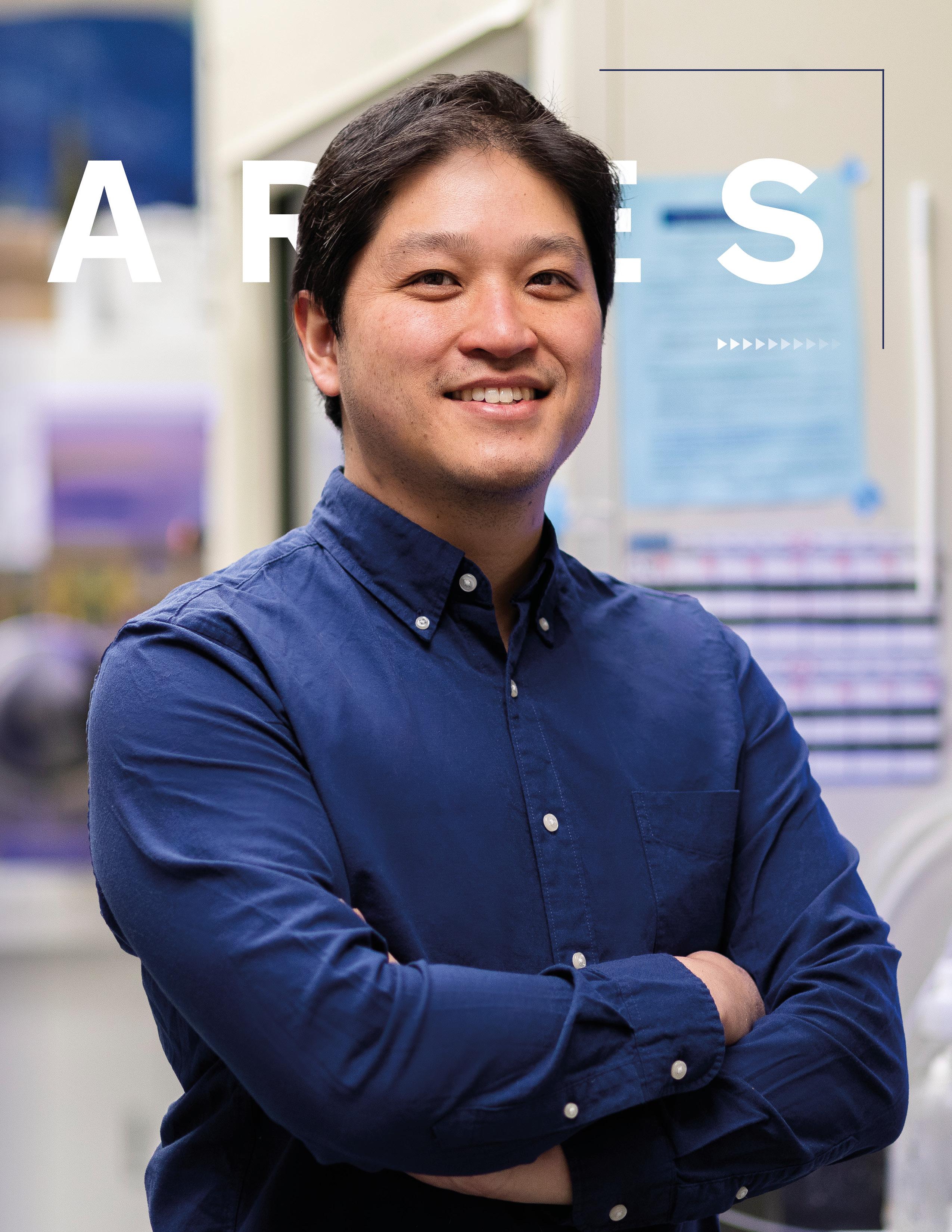


Xóchitl Bada, Professor of Latin American and Latino Studies, and her co-author Shannon Gleeson won the Latin@/x Caucus Best Book Award 2024 from the American Political Science Association Latin@/x Caucus for their book ScalingMigrantWorker Rights:HowAdvocatesCollaborate and Contest State Power.

Daniel Borzutzky, Associate Professor of English and Latin American and Latino Studies, won the 2024 CHIRBy Award for Poetry for his book The MurmuringGriefoftheAmericas.
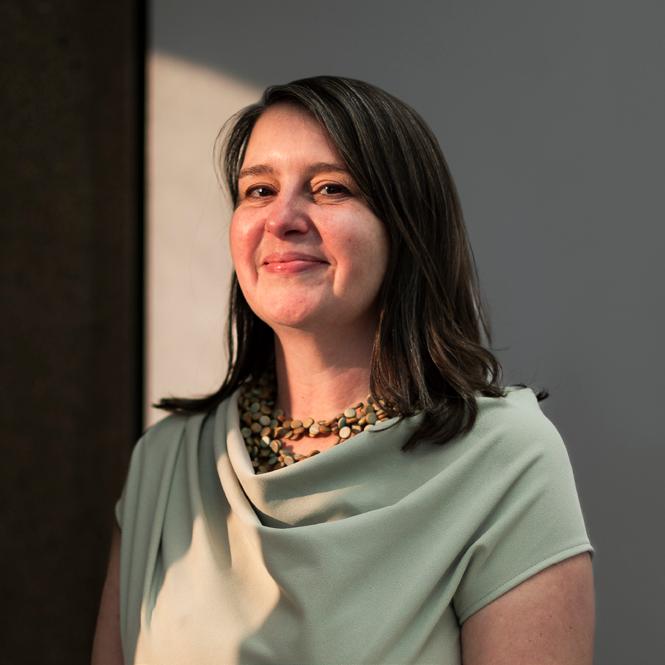
Anna Kornbluh, Professor of English, was named in Art Review’s 2024 “Power100: The Annual Ranking of the Most Influential People in Art” at number 9. The list refers to Kornbluh’s Immediacy:Or,TheStyleof Too-LateCapitalism as “the most buzzed-about book of art theory this year, and with good reason.” Learn more about Dr. Kornbluh’s inspiring work in the classroom in her recent interview in Stories from atLAS
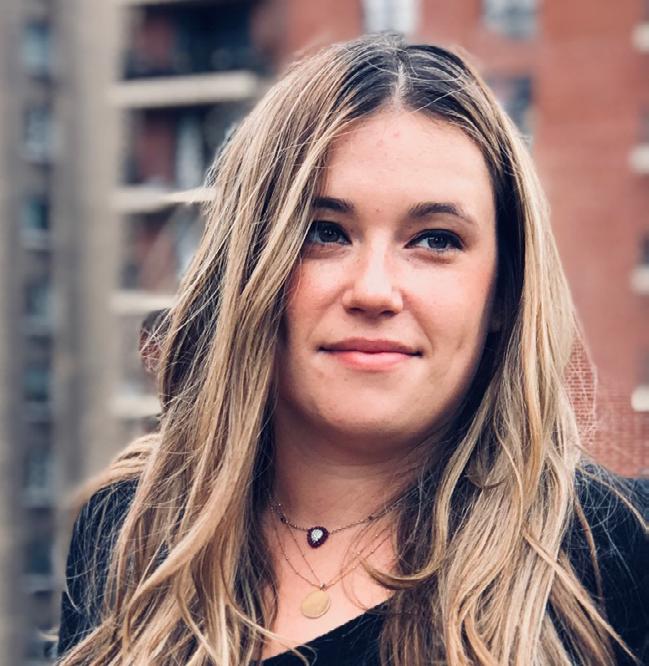
Hayley Negrin, Assistant Professor of History, won the 2024 Anne Braden Prize for the best work in Southern women’s history from the Southern Historical Association for her article, “Return to the Yeokanta/River: Powhatan Women and Environmental Treaty Making in Early America.”
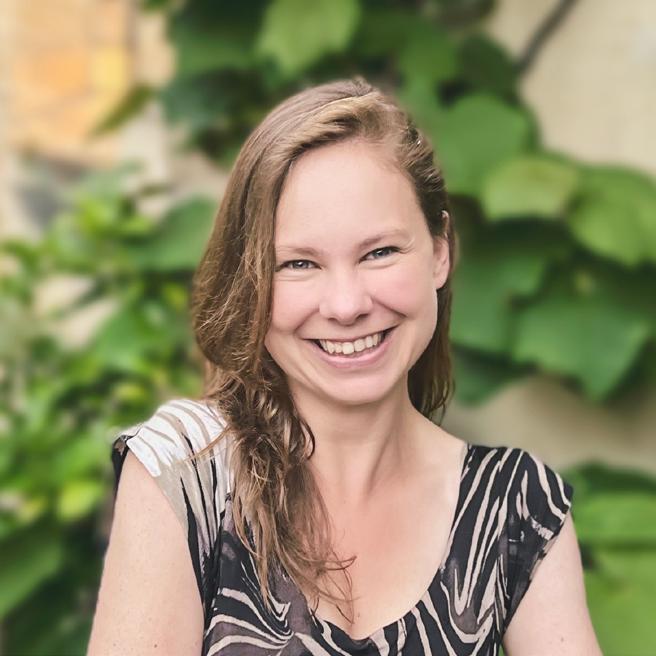
Laura Schaposnik, Associate Professor of Mathematics, was awarded a Presidential Early Career Award for Scientists and Engineers (PECASE), the highest honor bestowed by the U.S. government on outstanding scientists and engineers early in their careers.

Barbara Risman, Professor of Sociology, received the 2024 Lifetime Achievement Award from the Council on Contemporary Families. This award recognizes a scholar’s exceptional contributions to advancing public understanding of family issues.

Brooke Shipley, Professor of Mathematics, was elected to the Board of Trustees of the American Mathematical Society for a five-year term.

Margarita Saona, Professor of Hispanic and Italian Studies, won an honorable mention in the nonfiction category of Peru’s National Literary Prize for her book DeMonstruosy Cyborgs.
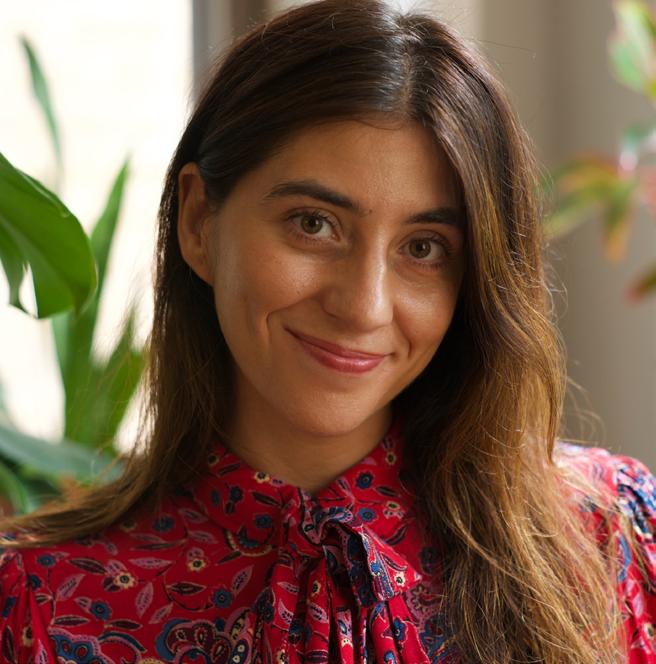
Barbara Sostaita, Assistant Professor of Latin American and Latino Studies, won the Hispanic Theological Initiative’s 2024 Book Prize for Sanctuary Everywhere:TheFugitiveSacredin the Sonoran Desert.


IN THE CATEGORY OF NATURAL SCIENCES AND ENGINEERING,
Andy Nguyen, Assistant Professor of Chemistry, has been named a Rising Star

IN THE CATEGORY OF NATURAL SCIENCES AND ENGINEERING,
Michael Trenary, Professor of Chemistry, has been named a Distinguished Researcher.
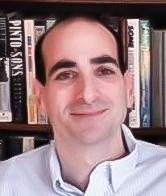
IN THE CATEGORY OF SOCIAL SCIENCES,
Noah Kaplan, Clinical Assistant Professor of Political Science, has received the 2024 Faculty Mentor of the Year Award.

IN THE CATEGORY OF HUMANITIES, ARTS, DESIGN AND ARCHITECTURE,
Liliana Sánchez, Professor of Hispanic and Italian Studies, has been named a Distinguished Scholar.
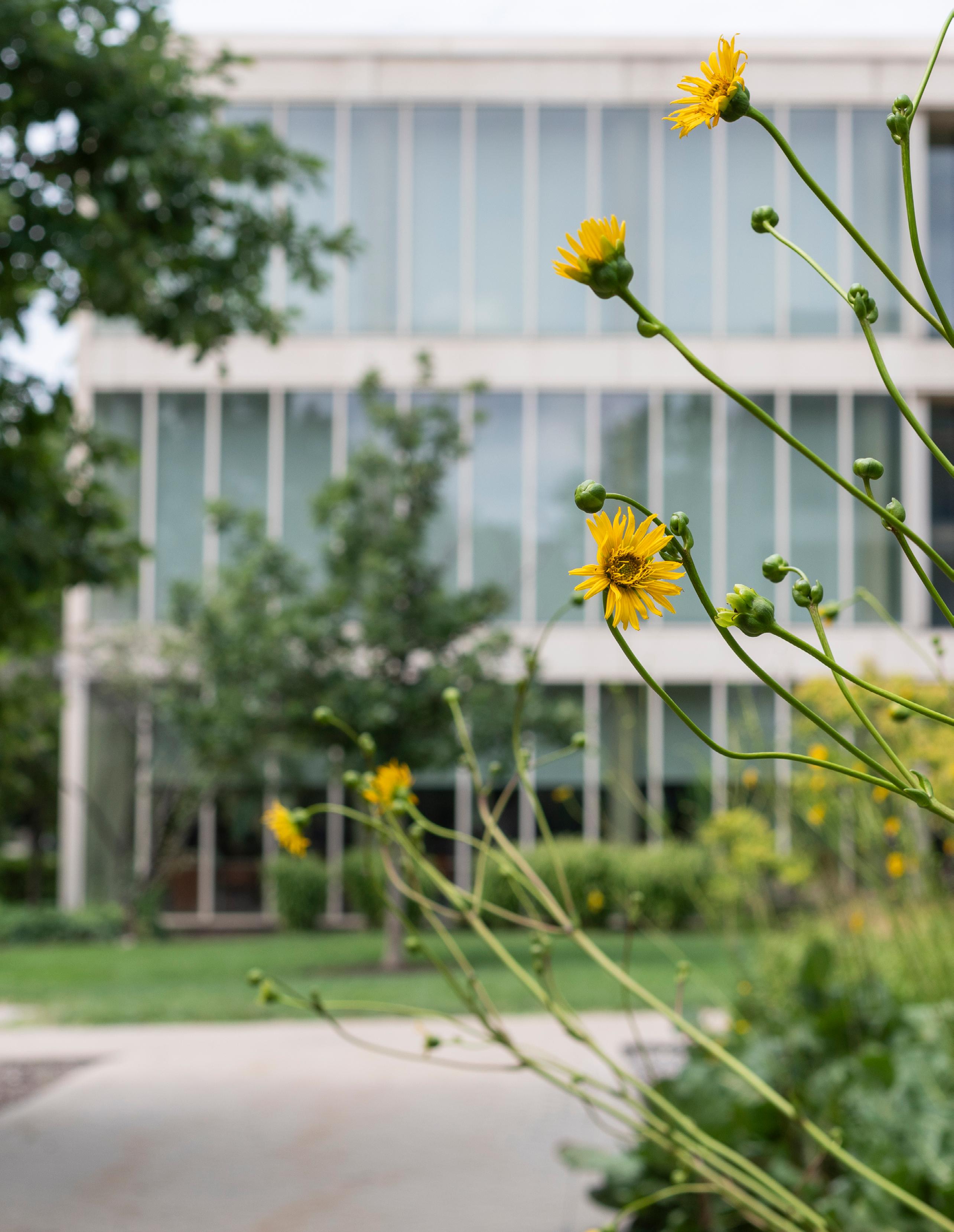

EVE ALI BOLES
Director of the Office of Social Science Research
Contact for support on humanities and social science grants.
eali@uic.edu | ossr.uic.edu

Assistant Director of Faculty Research Activities
Contact for help crafting a grant narrative and finding funding. abrailov@uic.edu | rd.las.uic.edu